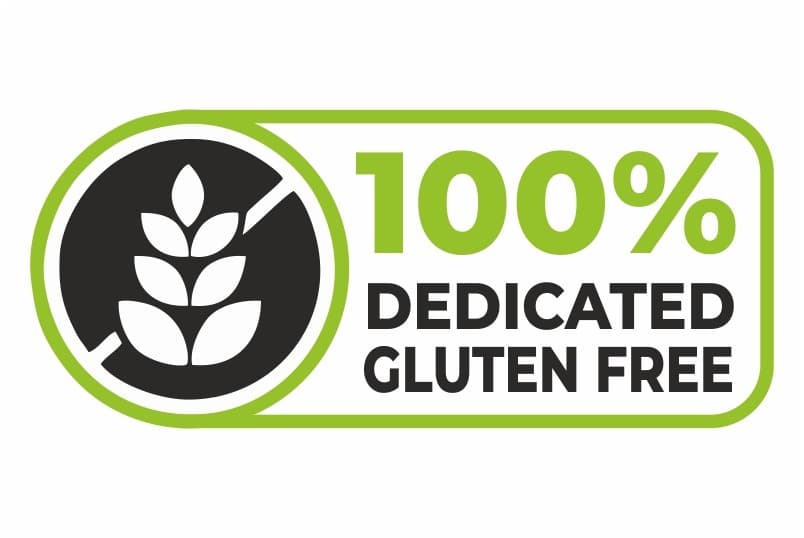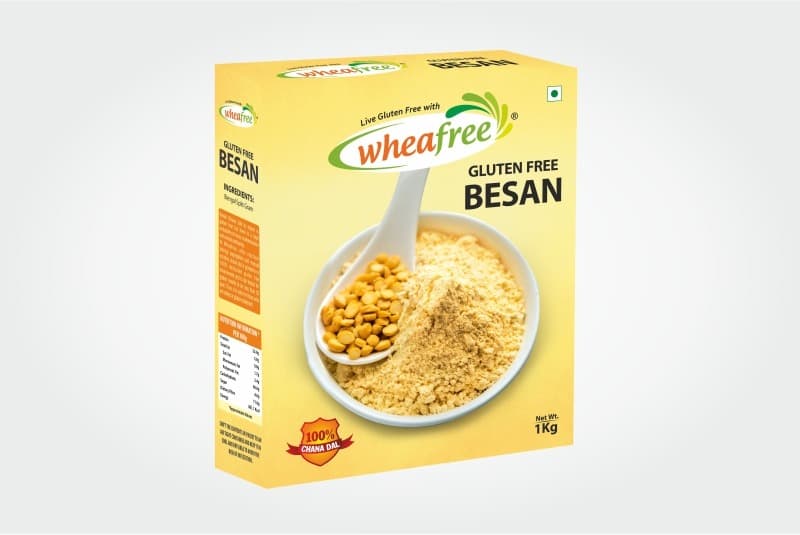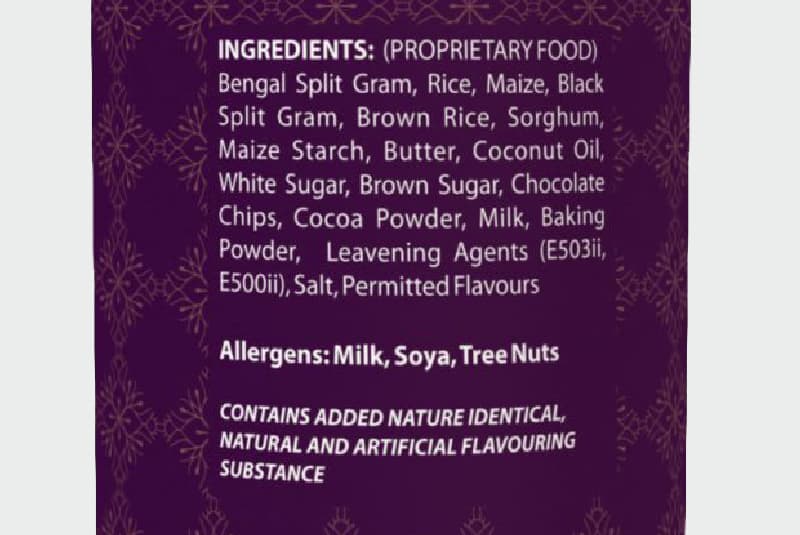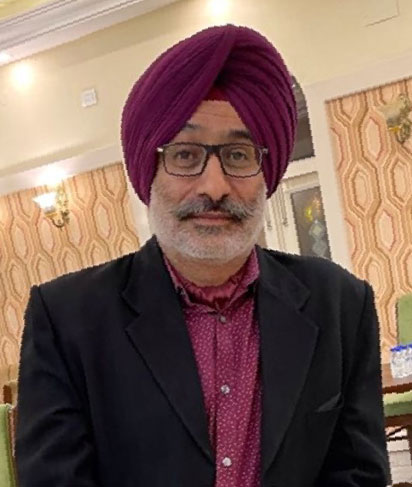Five Things To Look For When Going Out In The Market To Buy And Eat Gluten Free Food

Life for a Celiac patient is a little tough considering the person has to be on a gluten free diet for life. The choice becomes tougher if you are living in a country where labelling laws are not clear about allergens. People having Non-Celiac Gluten Sensitivity or Wheat allergy also have to be particular while buying the Gluten Free Products or while dining out in any restaurant. Countries like USA, Canada, UK, Australia and most of Europe are sensitive to the gravity of the requirement of Celiac or Gluten Intolerant Patients so the products lying on shelves of retail counters are well labelled. Even while dining out, either there is a gluten free menu or people serving there are aware of products on their menu which are & aren’t gluten free which makes life a lot easier.
Let’s have a look at what things one should look for while buying gluten free food products especially in Indian Markets.
1. Locate Products Labelled clearly as Gluten Free

Whenever you are surfing for Gluten Free Products online or in the retail stores, try to find the products which are marked as ‘Gluten Free’. As per FSSAI’s regulations regarding Gluten Free Labelling, products having gluten less than 20 ppm can be labelled as Gluten Free and the word “Gluten Free” should be prominently displayed near product name.
Strict food laws are in place for the manufacturers who label their products as Gluten Free. In case the declared Gluten Free Products on testing, are found to have gluten more than the prescribed limit of 20 ppm, then those are declared as unsafe foods and there are heavy fines/imprisonment in the law for such offenders.
2. For more assurance, look for dedicated Gluten Free Manufacturing
There are many manufacturers who make products that are gluten free and also gluten containing products on the same premises thus the risk of cross-contamination increases with such products. If on the label, it’s clearly mentioned that products are made in dedicated gluten free environment/facility, go for such products as they are day much safer with lesser chances of cross-contamination.

3. For Natural Gluten Free Products, read the labels minutely

Many products are naturally gluten free like packing of legumes, grains, milling of chana dal (Bengal Grams) as besan, soya flour etc. If the choice is there to buy from dedicated gluten free manufacturer, it’s always safer but if the choice is not there, one must look for the word ‘gluten free’ on the label as many general manufacturers who label their product Gluten Free, take care by keeping a tab on the segregation process regarding wheat, barley while sieving the grains, millets and lentils.
To replace natural gluten in gluten free food is done artificially by gums. Gums are derived naturally and are used in many other applications of food made by chefs all across the world. They are Hydrocolloids and are used to improve quality attributes and shelf-life. The two main uses of it are as a thickening and gelling agent. From soups to gravies as thickening agents to gelling agents in a jam, jelly, marmalade they play an important role. Xanthan gum, locust bean gum, guar gum, Arabic gum to carrageenan are a variety of gums that manufacturers use in gluten free flour as a replacement for gluten. Though it doesn’t replace the properties of gluten none the less they are good alternatives but they are expensive and they add to already costly gluten free flour.
4. Make a habit of reading the label while buying general merchandise
There are chances of hidden gluten which can come in modified starches, gums, flavours, thickeners. Such ingredients are used in making sauces, soups, dips etc. and can cause trouble for those who are celiac or gluten intolerant. In countries where Wheat is cheaper to grow, many starches, thickeners, emulsifiers are derived from wheat but in many countries, rice and corn are used to derive such products so it is important to read the label carefully.

Very reliable ways of verifying about the ingredients have evolved over time and some of them are:
Writing to the manufacturers, being in touch with Celiac Societies, asking your dieticians, checking with celiac support groups on social media who are proactive and have prior in depth knowledge or even search engines like Google. Getting first-hand knowledge about the brands which are clear and not clear becomes important for buyers. Also, regular updating of knowledge is required as many MNCs change the ingredients without any prior notice and connecting with the company or active celiac support groups on social media always help to avoid lapses at a later stage.
5. Meet the Chef while dining out

Follow the golden rule of meeting the chef and confirming the ingredients of the dishes you plan to eat when dining out. Such an exercise helps in eliminating the chances of you being glutened. Chefs of fine dining or good restaurants are well aware of gluten as an allergen and immediately can let you know which dishes are gluten free and which are not.
Even a cook at dhabha knows which items he is adding and many of the things like besan, maida, suji can be ruled out by speaking to him in simple colloquial language. Sometimes we assume many of the items to be inherently gluten free like dosa, idli, vada which are made from rice and lentils but we can check with the chef about any addition of rawa (suji).
It’s always recommended by doctors/dieticians to have homemade food for Celiacs/Gluten Intolerant. But the wants of such persons are not quenched by having everything at home. So buying out ready to eat gluten free products like cookies, cakes, savouries or to be prepared items like pasta, noodles are required to give variety to their already restricted diet. By following above such precautions one can give a better quality of life as this gives them more choices and varieties to decide what they want to have thus helping them enjoy life Gluten Free.
About the author:

HPS Lamba is the founder and Managing Director of two famous Gluten Free Brands – Wheafree and Everhealth. Apart of holding various positions at industrial associations, he is Industry Expert at Incubation Committee and Board of Studies at Thapar University.

Kamaljeet kaur
Keep up the good work wheafree.
Wishing u success and hoping to see wheafree dedicated chain of gluten free restaurants all over.
This is business with moral purpose.
Cheers to u.